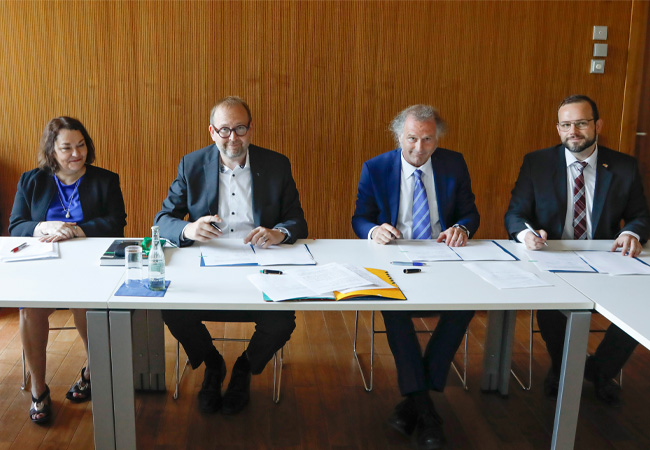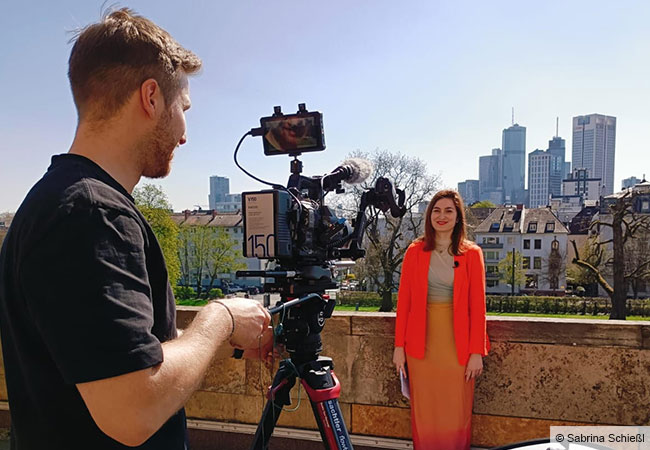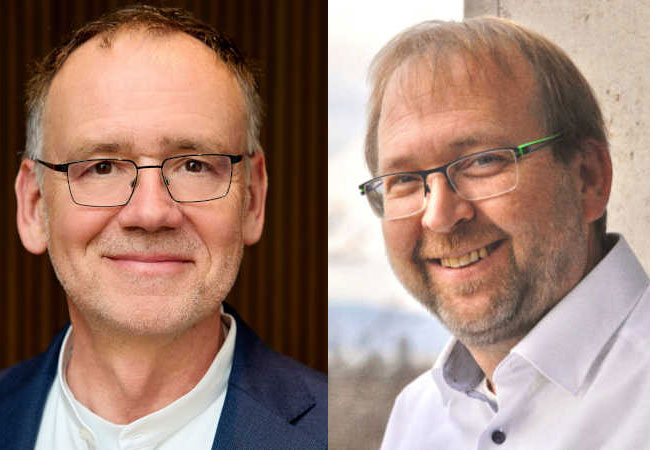Goethe University Frankfurt signs cooperation agreement with United Nations Population Fund (UNFPA) for forensic „Identifications in Mexico“ project.

Germany – Goethe University Frankfurt entered into a cooperation agreement with the United Nations Population Fund (UNFPA) in Mexico to assist the Mexican government in identifying the country’s more than 110,000 officially disappeared. At 55,000, the official figure of unidentified decedents is also staggering. The Comisión Nacional de los Derechos Humanos, Mexico’s national human rights commission, has called the current situation as a forensic crisis and an enormous burden on civil society.
Although the Mexican government is increasingly relying on international cooperation and assistance in recent years to help identify unidentified decedents, and significant progress has been made (including the construction of regional identification centers), identification remains a significant challenge. One partner is UNFPA, whose Mexican branch is a member of the “Identifications in Mexico” project (partially funded by Germany’s Federal Foreign Office), which supports the Comisión Nacional de Búsqueda (CNB) search commission’s national identification policy. One of the project’s workplans comprises Goethe University Frankfurt’s collaboration with Mexican institutions and universities.
The signing ceremony was attended by Cecilia Villanueva Bracho, Mexican Consul General to the city of Frankfurt; Goethe University President Prof. Enrico Schleiff; the Deputy Head of UNFPA Mexico, Iván Castellanos; the Director of Goethe University’s Institute of Forensic Medicine, Prof. Dr. Marcel Verhoff: and UNFPA Project Head Maximilian Murck. The goal of the cooperation agreement between UNFPA and the Institute of Forensic Medicine is to offer families certainty about the whereabouts of their loved ones.
Specifically, the cooperation aims to develop pragmatic approaches to identify more deceased persons within a shorter period of time, including by means of:
- DNA analysis of relatives and unidentified decedents
- Analysis of tattoos for identification purposes
- Academic exchanges and research with Mexican forensic scientists and medical examiners
Goethe University President Prof. Dr. Enrico Schleiff emphasized the humanitarian obligation to support the Mexican government in restoring the identity of unidentified decedents, adding that the relatives of the disappeared deserve to have certainty of their loved ones’ fate. Schleiff welcomed the cooperation agreement, which allows the work done to date by Frankfurt’s forensic experts in identifying Mexico’s disappeared to be continued. He explicitly thanked UNFPA for its support of the „Identifications in Mexico“ project, as well as all scientists and doctors involved.
Iván Castellanos, deputy head of UNFPA Mexico, emphasized that every person has the right to their identity, pointing to the important measures the Mexican government has initiated in recent years to strengthen its institutions in the search for the disappeared, as well as to the reforms passed to improve the identification of unidentified decedents. The government for the first time invited the United Nations Committee on Enforced Disappearances (CED) in 2021, he said, also expressing its compromise with the disappeared.
For his part, Prof. Dr. Marcel Verhoff, director of Goethe University’s Institute of Forensic Medicine, pointed out that the Frankfurt-based institute had already worked with the University of Guadalajara in the introduction of a master degree in forensic science, and in the analysis of genetic samples, autopsies and excavations in Mexico. The new agreement will further strengthen academic collaboration, he said, allowing both institutions to benefit from one another, adding that the knowledge exchange will be realized both in scientific projects as well as practical identification work.
Maximilian Murck, who heads the UNFPA project, said that while identifying the dead is not an easy task, it is not an impossible one either, adding that it is important to work out common solutions and to make visible the successes of cooperation in this difficult context. One example is the introduction of fingerprint matching technology in several Mexican states – an initiative coordinated by the CNB. Murck expressed his gratitude to Goethe University as well as the Mexican institutions for their support and trust.
Regarding the cooperation agreement signed between Goethe University and UNFPA, Cecilia Villanueva Bracho, Mexico’s consul general in Frankfurt, stressed: „The Mexican government supports this project that contributes to the cooperation between Mexico and Germany in the field of forensic medicine. It also serves to strengthen institutions by enabling us to better address contemporary priorities in the fields of security, crime control and prevention. The collaboration comprises the exchange of knowledge and best practices to promote governmental and academic institutions and develop technical capacities.“







